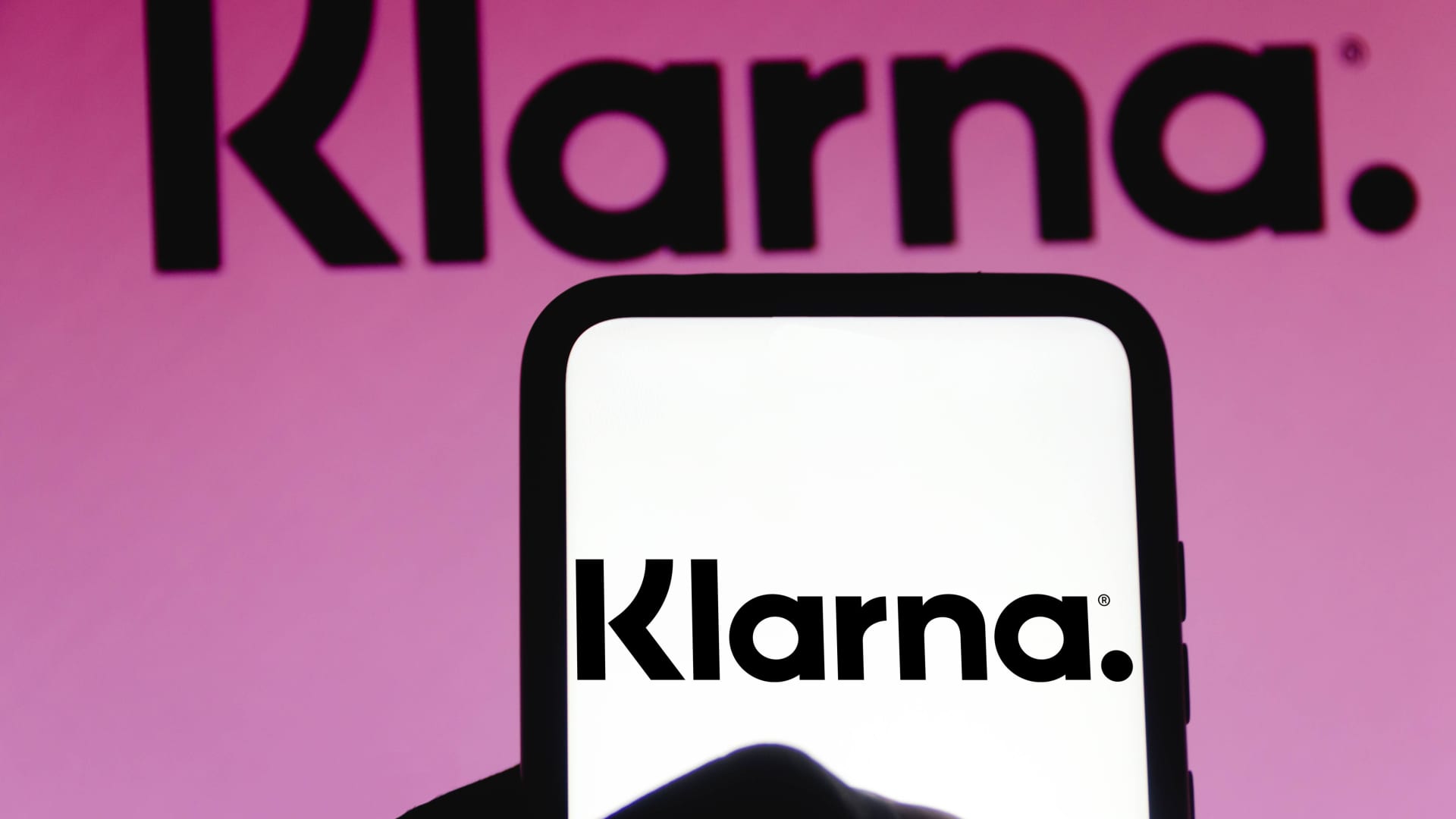Finance
Klarna says 90% of its employees use generative AI every day

Rafael Henrique | SOPA images | LightRocket via Getty Images
Swedish financial technology company Klarna said on Tuesday that almost 9 out of 10 employees in its 5,000 workforce now use generative artificial intelligence tools in their daily work.
Klarna, which allows individuals to split their purchases into interest-free, monthly installments, says more than 87% of employees use generative AI tools, including OpenAI’s ChatGPT and its own in-house AI assistant.
The largest adopters of generative AI in the business are those in non-technical groups, such as communications (92.6%), marketing (87.9%) and legal (86.4%), Klarna said.
With these figures, Klarna sees much greater adoption of generative AI within the company than in the wider business world.
According to a questionnaire According to consultancy Deloitte, 61% of people who work with a computer use generative AI programs in their daily work – sometimes without their line manager being aware of it.
Klarna has its own internal AI assistant, called Kiki.
According to the company, 85% of all its employees now use Kiki and the chatbot now responds to an average of 2,000 questions per day.
Key applications of generative AI
Klarna said a key use of generative AI – namely OpenAI’s ChatGPT – by its communications teams was to evaluate whether press articles written about the company are positive or negative.
Klarna’s lawyers use ChatGPT Enterprise, the business version of OpenAI’s technology, to create first drafts of common contract types, reducing the hours needed to draft a contract.
“You still have to adjust it so that it works for your specific case, but instead of an hour you can draw up a contract in ten minutes,” said Selma Bogren, senior managing legal counsel at Klarna, in a press statement.
AI as a boon to the bottom line
Klarna has touted AI as a major boon to the bottom line as the company has tried to shift its narrative away from the heady days of 2020 and 2021.
During those years, the environment for tech companies like Klarna was characterized by massive increases in spending on staff and growth at any cost, thanks to the availability of cheap capital.
In 2022, Klarna laid off about 10% of its global workforce in an effort to reduce costs and prepare its business for economic turbulence caused by Russia’s invasion of Ukraine.
The company’s valuation shrank 85% to $6.7 billion in 2022 from 2021.
Klarna has said its decision to make massive job cuts has paid off, while its adoption of AI has made its underlying business more profitable.
The company reported its first quarterly profit in four years for the September quarter, which it attributed to a reduction in credit losses and investments in AI.
In February, Klarna said its AI chatbot was doing the work of 700 full-time customer service jobs, saving the company $40 million.
The news sent shares of French outsourcing giant Teleperformance plunging by almost 20% as investors feared AI would disrupt the company’s own profitable call center business in the future.













